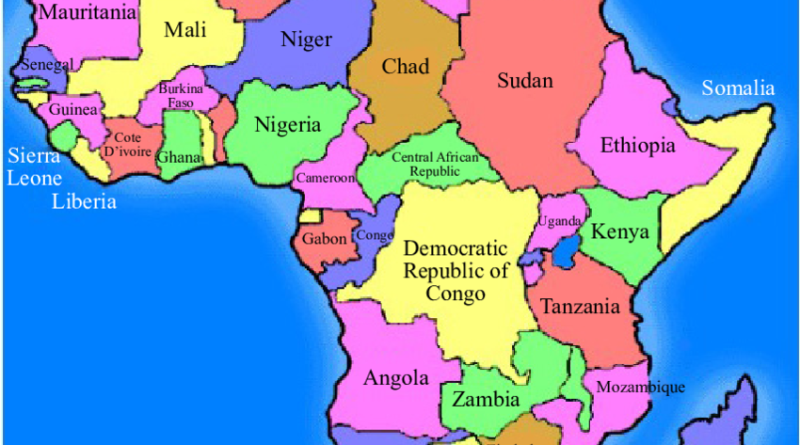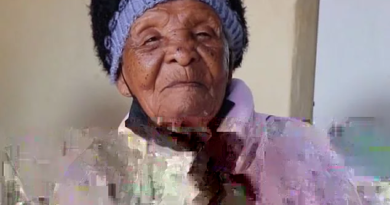Africa Must Change the Narrative to Become the Richest
By Chiyedzo Josiah Dimbo — Ambassador of Hope
“The wealth of a continent is not in its soil alone — it is in the strength of its people, the power of its institutions, and the boldness of its imagination.”
For too long, Africa has found comfort in the phrase: “Africa is the richest continent.” It has been repeated from pulpits to parliaments, from the classroom to the streets. But as visionary thinker Dr. Joybert Javnyuy rightly points out that this belief, while inspiring, is a myth that has numbed us into complacency.
“Africa is not the richest continent,” says Dr. Javnyuy, “it is one of the poorest — not because it lacks resources, but because it lacks resourcefulness.”
We must now face the hard truth: Natural resources do not equal national wealth. Countries that dominate global prosperity today don’t dig the most; they design the most, innovate the fastest, and educate the smartest.
From Ground Rich to Growth Poor
Yes, Africa has diamonds, oil, cobalt, copper, fertile land, and sunlight. But that’s not enough. If wealth were determined by natural endowment, Africa would lead the world.
Instead, we remain importers of finished goods made from our own raw materials. We supply cocoa but import chocolate. We mine lithium but import batteries. We grow cotton but import clothes.
As Dr. Javnyuy warns, “This is the curse of natural resources when they are not matched with strong institutions and visionary leadership.”
Intangible Wealth: Africa’s Missing Link
The World Bank’s study on Comprehensive Wealth reveals a powerful insight: the richest nations derive more than 60% of their wealth from intangible capital — things you can not dig out of the ground:
Quality education
Good governance
Rule of law
Institutional trust
Innovation systems
National productivity
“Wealth is not in the ground,” Dr. Javnyuy emphasizes, “it is in the people, the culture, and in the systems that govern their productivity.”
What Africa Needs Now
To change the narrative, we must move from resource-dependence to resourcefulness — and that requires a radical mindset shift. Here are three urgent focus areas:
Institutional Strengthening
Build predictable legal and regulatory systems.
Enforce contracts and uphold the rule of law.
Cultivate trust between citizens and their governments.
Without reliable institutions, innovation dies, and investment flees.
Human Capital Development
Prioritize STEM education: science, technology, engineering, and mathematics.
Align education with the needs of the 21st-century economy.
Encourage critical thinking, problem-solving, and digital skills.
“A nation can lose its oil, but not its people’s knowledge,” reminds Dr. Javnyuy.
Cultural and Social Trust
Wealth grows where trust thrives — within governments, businesses, and communities.
Transparent leadership and citizen participation are not optional — they are essential.
Wealth is built, not inherited
The most successful countries have few natural resources. Singapore, Japan, South Korea, Israel — their wealth is built on systems, people, and policy.
Africa has the potential to do the same. But potential means nothing without action.
Let’s move beyond repeating slogans. Let’s build systems that last longer than political cycles. Let’s create technology that solves African problems. Let’s turn our cultural strength into economic strength.
A New African Renaissance
This is a call to every policymaker, teacher, entrepreneur, student, and dreamer:
Africa’s greatness is not buried in its soil. It lives in its classrooms, its labs, its startups, its stories, and in bold minds ready to reshape the future.
The time has come to stop romanticizing our resources and start organizing our realities. We must build Africa with African brains, African hands, and African hearts.
As Dr. Joybert Javnyuy puts it:“Until we shift from what lies under the ground to what lies within our people, Africa will remain poor in a world of wealth.”
Wake up, Africa — Our Time Has Come.




